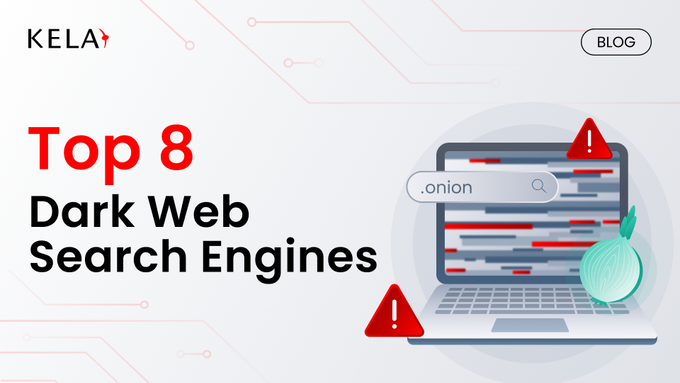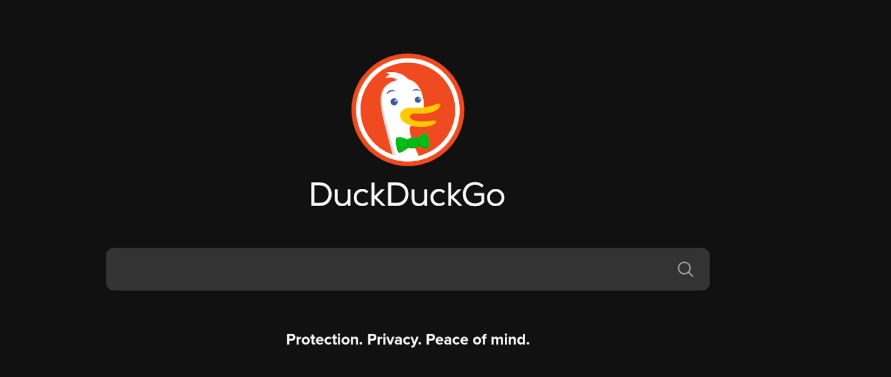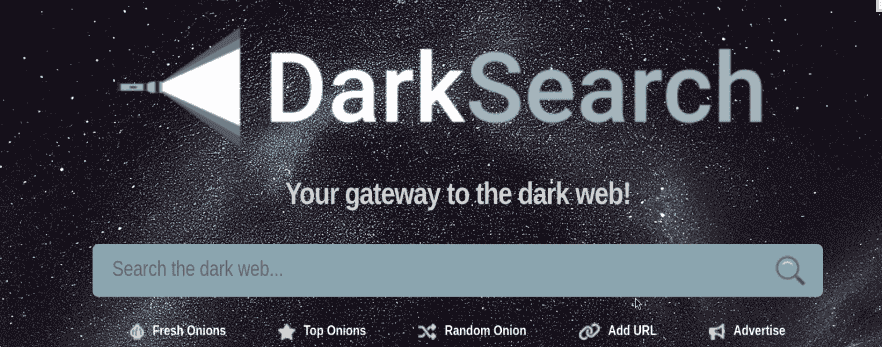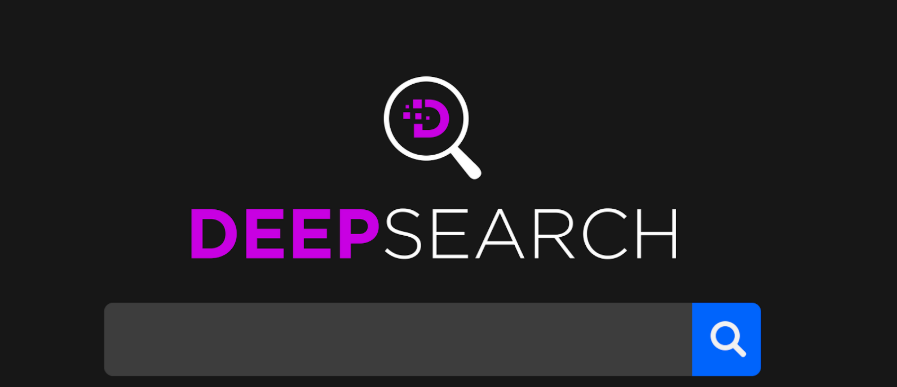Top 8 Dark Web Search Engines
The dark web hides vital threat intelligence that security teams can’t find through Google. Learn which dark web search engines reveal real, actionable insights.
Published November 5, 2025

The dark web hosts critical threat intelligence that traditional search tools can't access. Cybercriminals plan attacks, sell credentials, and share exploits in hidden forums and marketplaces that require specialized search engines to monitor. For security teams tasked with proactive defense, understanding which dark web search engines provide reliable, actionable intelligence makes the difference between detecting threats early and discovering breaches after damage occurs.
In this blog, we will explore how dark web search engines differ from surface web counterparts, identify features that define reliable platforms, and examine the top dark web search engines that security teams use for intelligence gathering.
» Skip to the solution: Try KELA Cyber for free
Understanding the Dark Web Landscape
Unlike the surface web indexed by Google or Bing, the dark web prioritizes anonymity and actively resists crawling and indexing.
Dark Web Search Engines vs. Surface Web Search Engines
| Aspect | Surface web search engines | Dark web search engines |
|---|---|---|
| Crawling method | Automated bots systematically crawl and follow links across indexed websites | Manual discovery and specialized crawlers access .onion sites through Tor network |
| Indexing approach | Comprehensive indexing with algorithms ranking billions of pages | Limited indexing due to intentionally hidden and unindexed content |
| Content accessibility | Publicly available content accessible through standard browsers | Requires Tor browser or specialized tools to access hidden services |
| Search scope | Massive scale covering billions of indexed pages | Significantly smaller index focused on onion sites and hidden services |
| Update frequency | Continuous real-time updates across the indexed web | Slower updates due to technical limitations and access restrictions |
| Result ranking | Complex algorithms based on relevance, authority, and user behavior | Basic ranking often prioritizing recency or manual curation |
| Content filtering | Automated filtering with some manual review for policy violations | Varies widely from strict content filtering to completely unfiltered results |
» Find out if darknet markets are going out of business, and what will happen next
Features That Define a Reliable Dark Web Search Engine
- Index size and coverage: A comprehensive dark web search engine must aggregate data from diverse sources across the deep web to provide workable threat intelligence. Larger indexes increase the likelihood of discovering relevant threats, though coverage quality matters more than raw quantity.
- Data freshness and update frequency: Outdated data may lead to false positives and false negatives, costing valuable time. Threat landscapes shift rapidly, requiring search engines that continuously monitor and process new data feeds to maintain relevance.
- Uptime and reliability: Security teams need consistent access to dark web intelligence for continuous monitoring. Search engines must maintain stable infrastructure that delivers results reliably, especially during critical investigations when downtime creates blind spots.
- Filtering and relevance capabilities: Effective filters help analysts retrieve accurate, timely data with maximum coverage while eliminating noise. Search engines should enable precise queries that surface relevant threats without overwhelming security teams with false alerts.
- API access and integration: Seamless integration with existing security tools allows automated threat intelligence workflows. API access enables security operations to incorporate dark web monitoring into SIEM platforms, threat intelligence platforms, and incident response workflows.
- Scoring and prioritization: Flexible scoring systems rank threats based on severity, relevance, and confidence levels. This helps analysts focus investigation efforts on the most critical exposures affecting their organizations while tracking lower-priority indicators systematically.
- Source reputation and validation: Understanding the reliability of intelligence sources prevents wasted investigation time. Search engines that track source credibility and validate findings reduce false positives and improve threat detection accuracy.
» Discover why you need cyber threat intelligence for your organization
Top 8 Dark Web Search Engines
» Learn more: The role of a threat intelligence analyst
How KELA Cyber Can Help
While dark web search engines provide valuable starting points for threat intelligence gathering, they require significant analyst expertise, manual verification, and operational resources to deliver actionable insights. We at KELA help you move beyond basic dark web monitoring by providing real-time, contextualized intelligence from the cybercrime underground that focuses specifically on threats targeting your organization.
Our platform penetrates the hardest-to-reach cybercrime locations with expert human intelligence analysis, providing you with the attacker's perspective of your exposure. We automate contextualization to reduce false positives while accelerating threat detection, enabling your security teams to take proactive defensive actions before threats materialize into costly incidents.
» Ready to get started? Contact us to learn more about our cyber threat intelligence services
FAQs
Why do security teams use dark web search engines?
Security professionals use these tools to track cybercriminal activity, uncover leaked credentials, and identify potential threats before they escalate.
By monitoring hidden forums and marketplaces, teams can detect early warning signs of breaches, planned attacks, or data exposure involving their organization.
Are all dark web search engines safe to use?
Not necessarily. Some contain harmful or illegal content, and others may lack encryption or expose users to tracking risks.
Analysts should only use reputable engines within secure, isolated environments—ideally through a virtual machine and VPN—while following strict compliance guidelines.
What features make a dark web search engine reliable?
Reliable platforms typically provide frequent updates, filtering tools to refine results, API access for automation, and verified data sources.
They also maintain transparency in how they collect and classify information, which helps analysts trust the accuracy of what they find.
Can dark web search engines integrate with threat intelligence tools?
Yes. Many advanced search engines now include APIs or integration options that allow teams to feed dark web data directly into systems like SIEM or SOAR.
This helps automate alerting, enrich existing intelligence, and reduce the manual effort involved in tracking threat actors.













